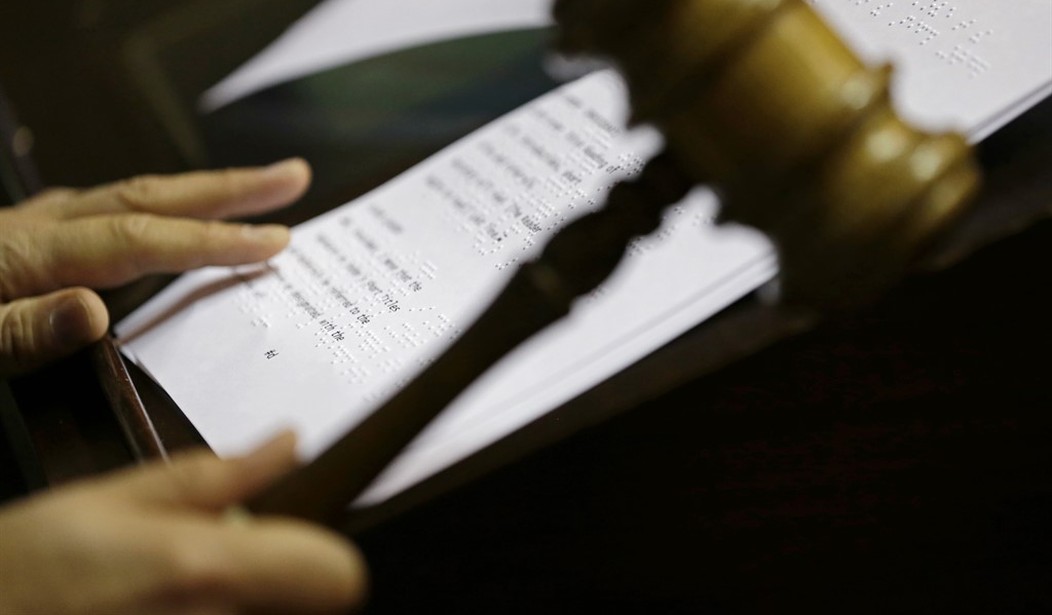Back in 2017, a Fox News reporter named Catherine Herridge published a series of stories about a Chinese immigrant scientist named Yanping Chen. Chen had been investigated by the FBI over allegations that she had lied on her immigration forms and may have used her position in the United States to leak data about American service members to the Chinese government. She didn’t wind up being charged, but she sued Herridge after the reporter refused to reveal the confidential source that provided her with inside information about the investigation into Chen. Now a federal judge in Washington may find Herridge in contempt and subject her to increasingly steep fines in an attempt to force her to reveal the source’s identity to Chen’s lawyers. This case has many First Amendment advocates watching nervously. (AP)
In a case with potentially far-reaching press freedom implications, a federal judge in Washington is weighing whether to hold in contempt a veteran journalist who has refused to identify her sources for stories about a Chinese American scientist who was investigated by the FBI but never charged.
The judge previously ordered former Fox News reporter Catherine Herridge to be interviewed under oath about her sources for a series of stories about Yanping Chen, who was investigated for years on suspicions she may have lied on immigration forms related to work on a Chinese astronaut program. Chen has sued the government, saying details about the probe were leaked to damage her reputation.
But after Herridge refused to divulge to Chen’s lawyers how she acquired her information, the scientist’s attorneys are asking U.S. District Judge Christopher Cooper to hold the reporter in contempt — a sanction that could result in steep monetary fines until she complies.
Herridge now works for CBS, where she has the support of her employer in this case, along with that of Fox News. In fact, almost everyone seems to be on the side of the reporter in terms of keeping sources confidential. Everyone but the judge, that is. Judge Christopher Cooper seemed to be telegraphing his intentions in a statement he put out this week. He agreed that the First Amendment is of vital importance and recognized “the critical role that confidential sources play.” But he then turned around and said that Chen’s need for the requested information “overcomes Herridge’s qualified First Amendment privilege.”
This is a rather unique case in the sense that when the government tries to force a reporter to reveal a source, they typically lose. But Chen is suing to obtain the information as a private citizen. She is also basing her complaint on her own right to privacy rather than some national security interest. She believes that internal FBI files related to the investigation into her were inappropriately released to the reporter.
I’m still not clear as to how Chen’s situation makes this Herridge’s problem. The lawsuit does not appear to suggest that the reporter didn’t have the right to publish the story. They appear to be claiming that the source didn’t have the right to release the information about the investigation to the reporter. If that’s the case, shouldn’t she be suing the FBI? Even if she discovers that the source was an FBI agent, that doesn’t make the existence of the story in the public record go away.
Digging back into the original case, it doesn’t appear as if Chen was totally cleared of all of the allegations. They simply decided not to prosecute her over it. If she actually was misleading on her immigration forms and played loose with the data of service members, perhaps her reputation needed to be tarnished a bit. In any event, if she prevails, a lot of sources will likely become far more leary about talking to reporters who assure them of confidential status. And that would be a bad thing.








Join the conversation as a VIP Member